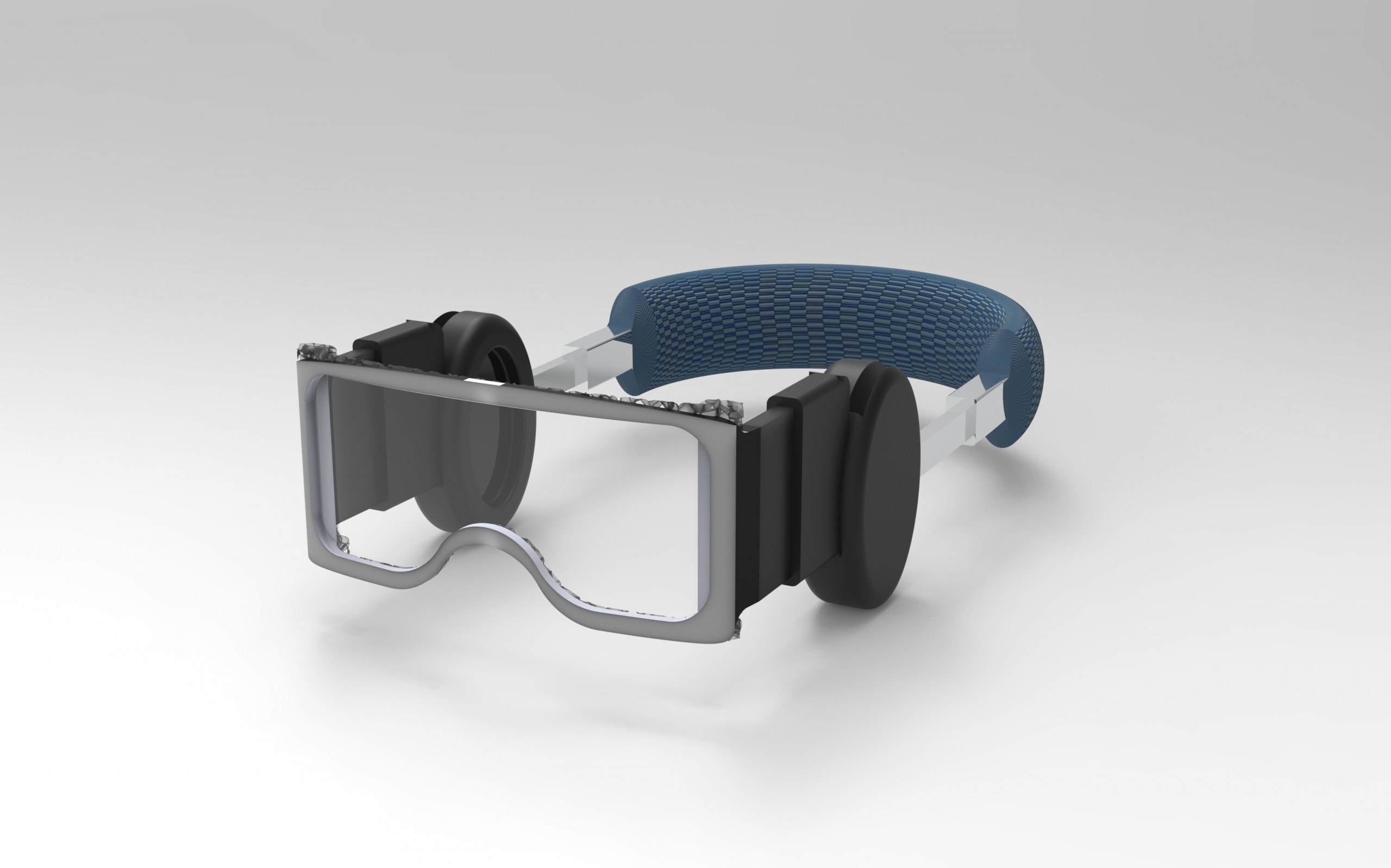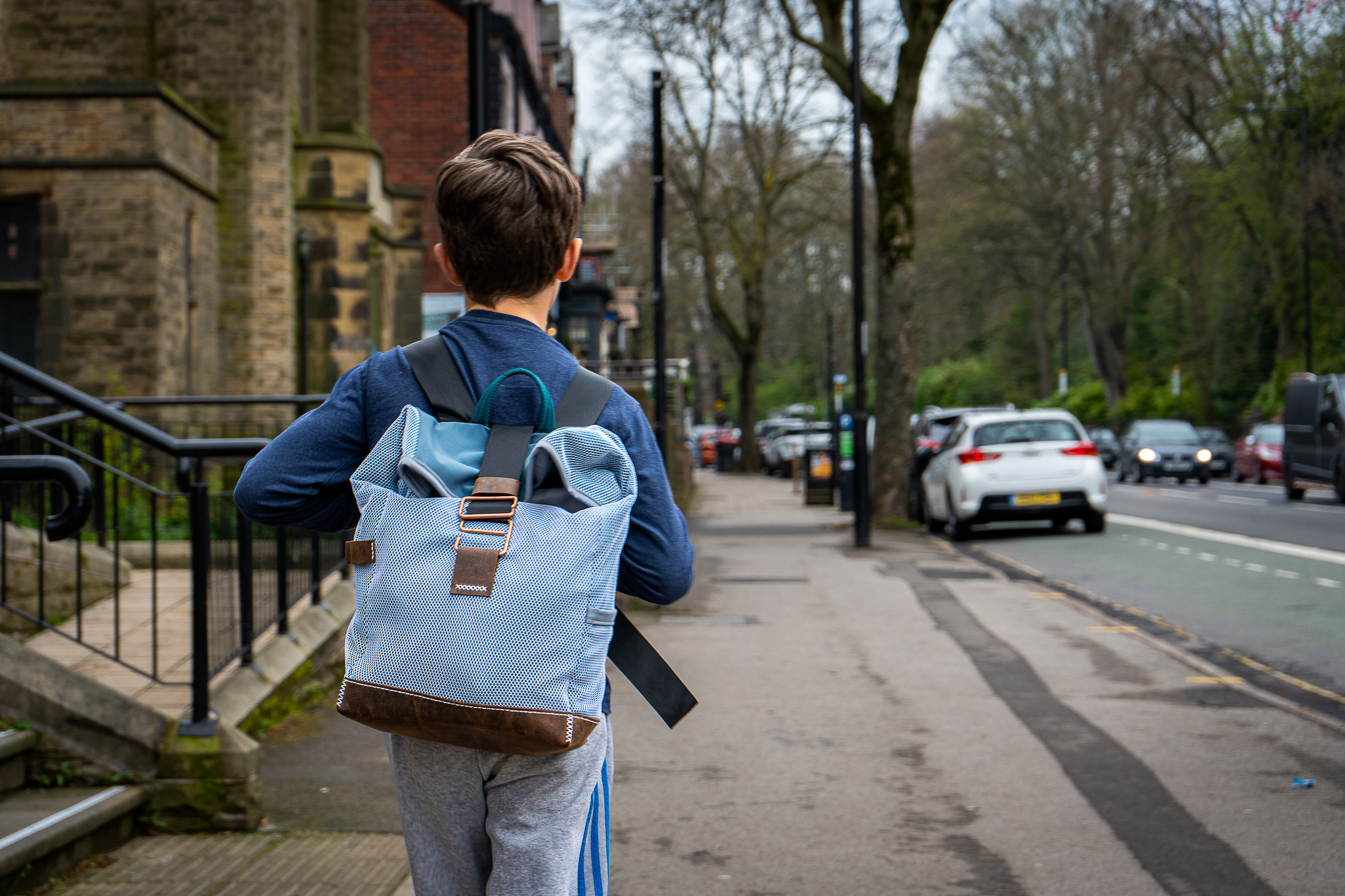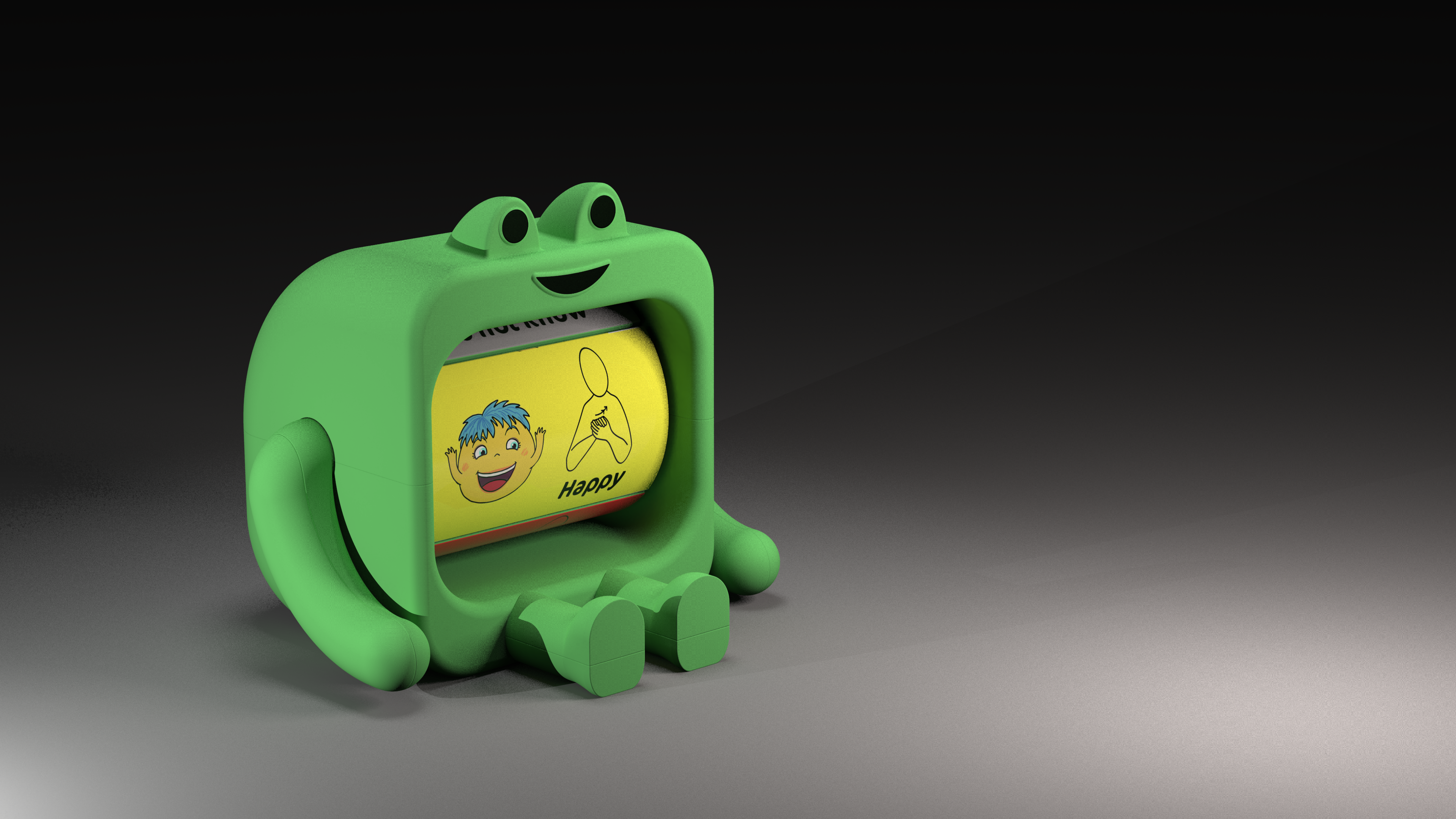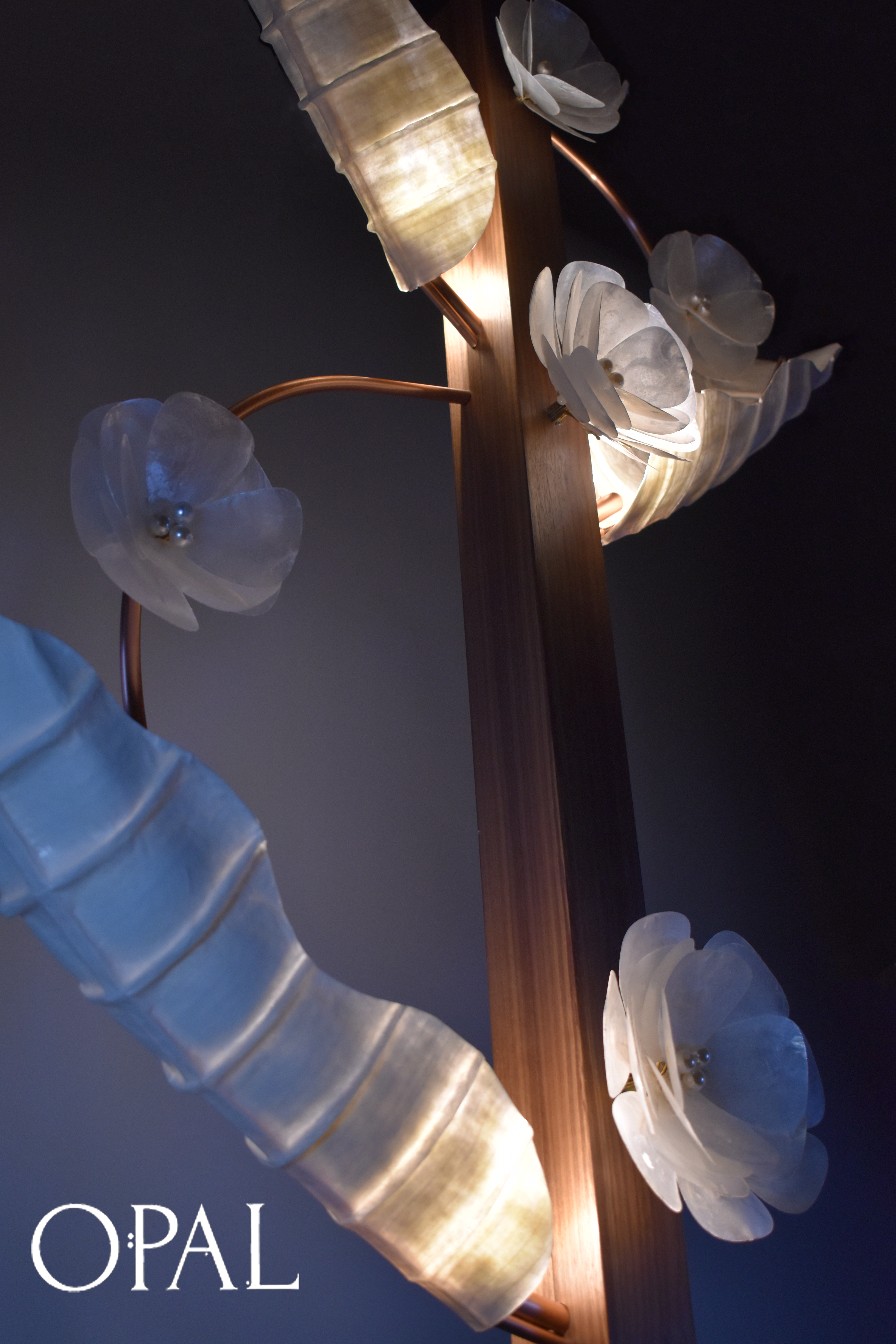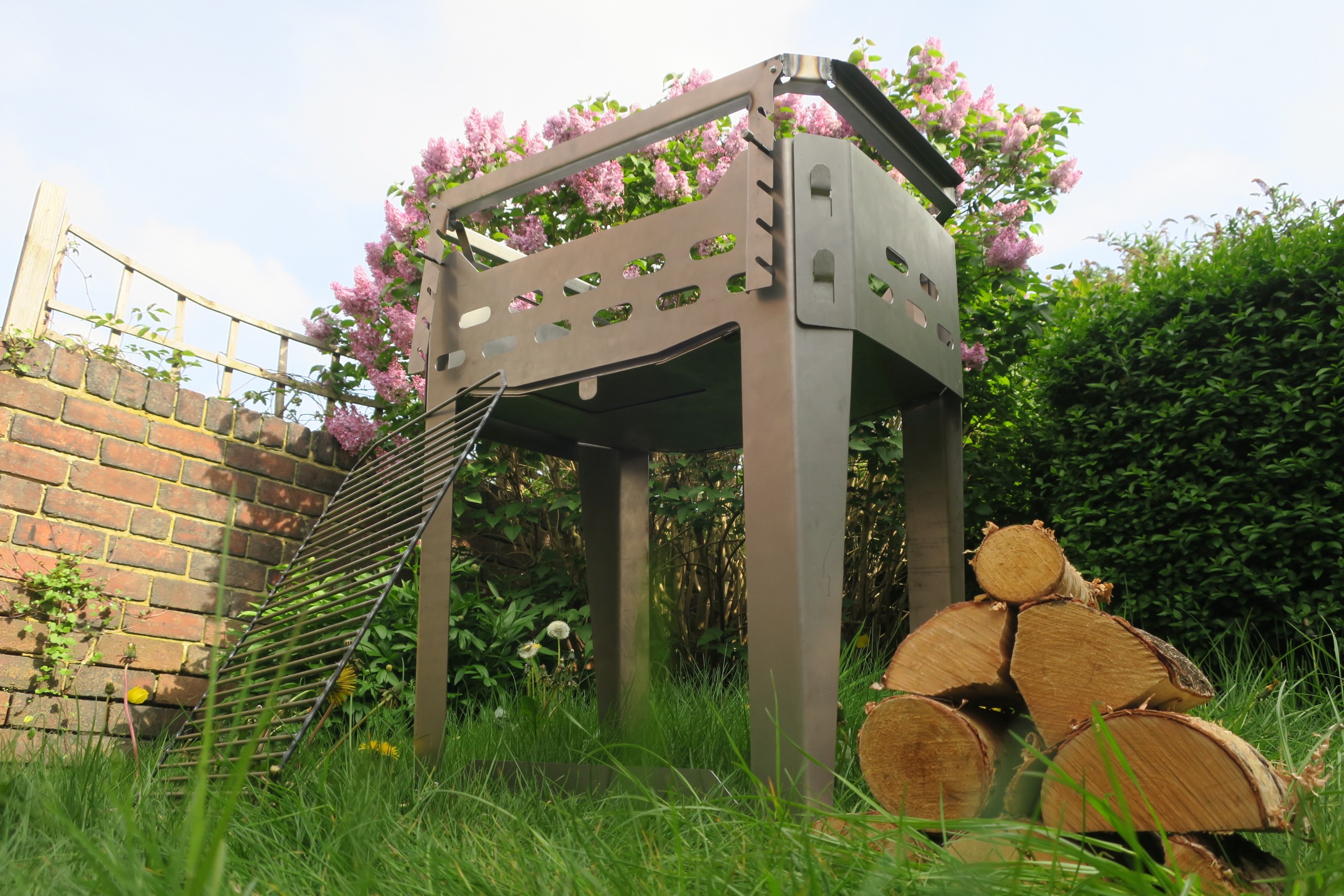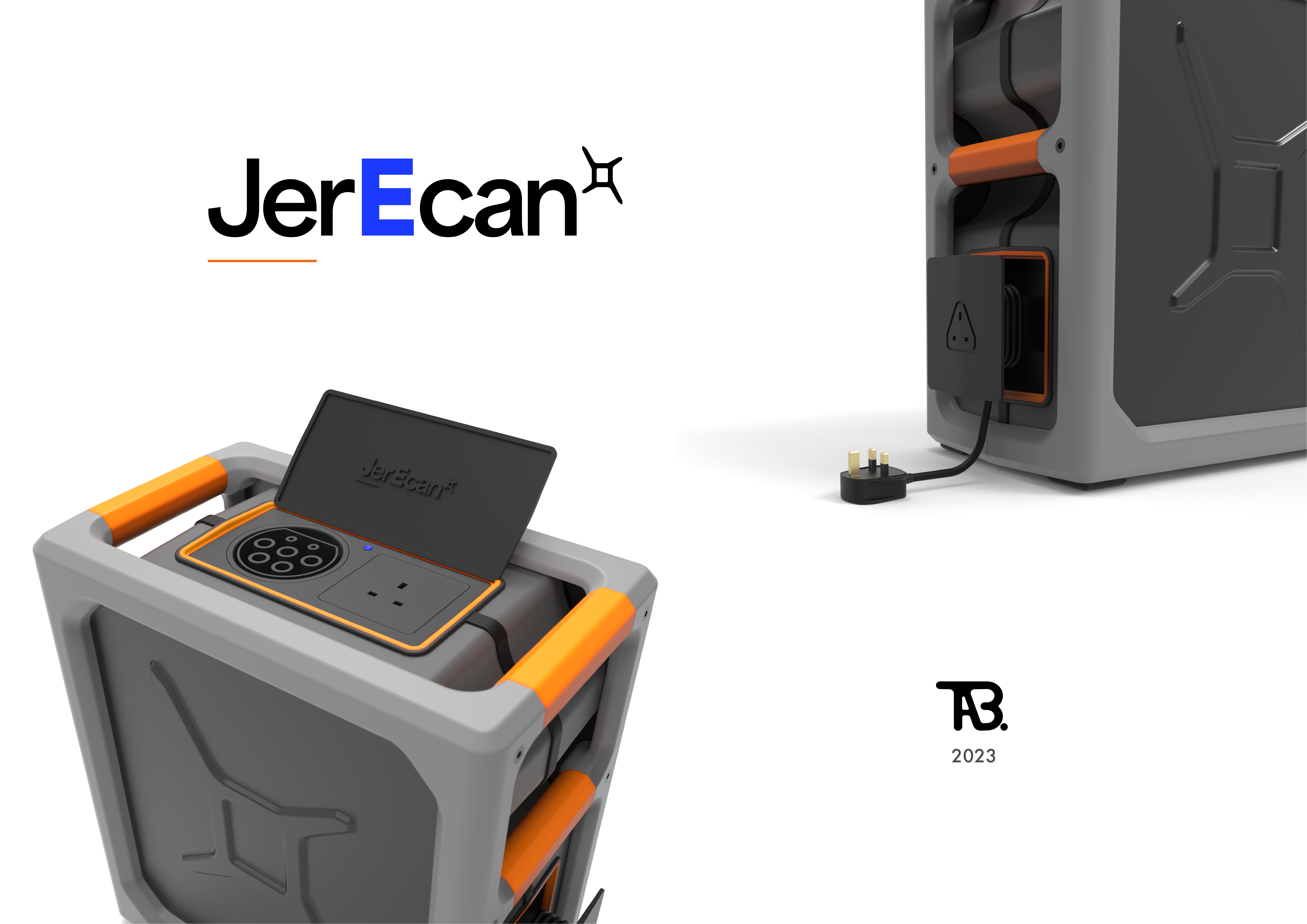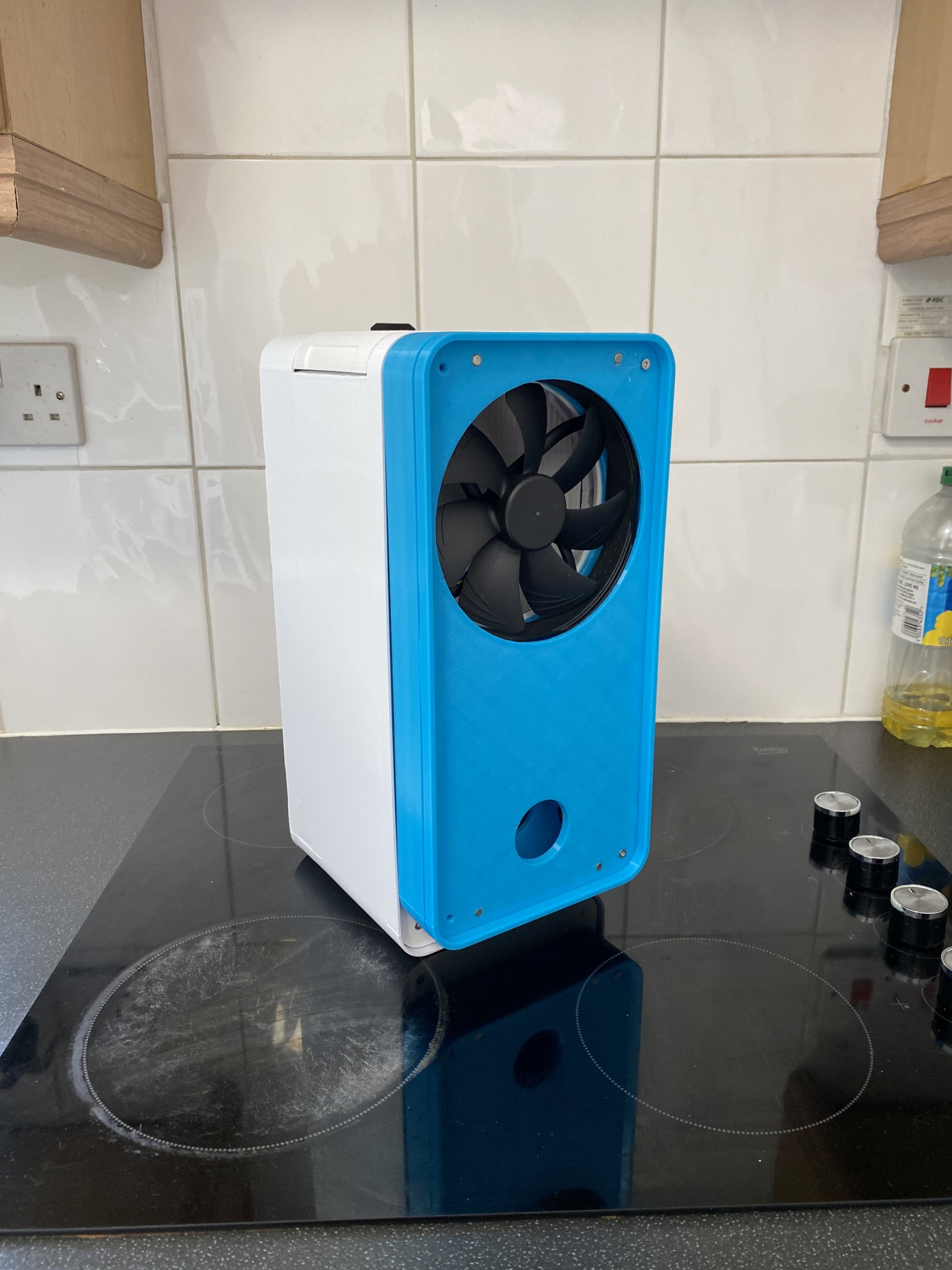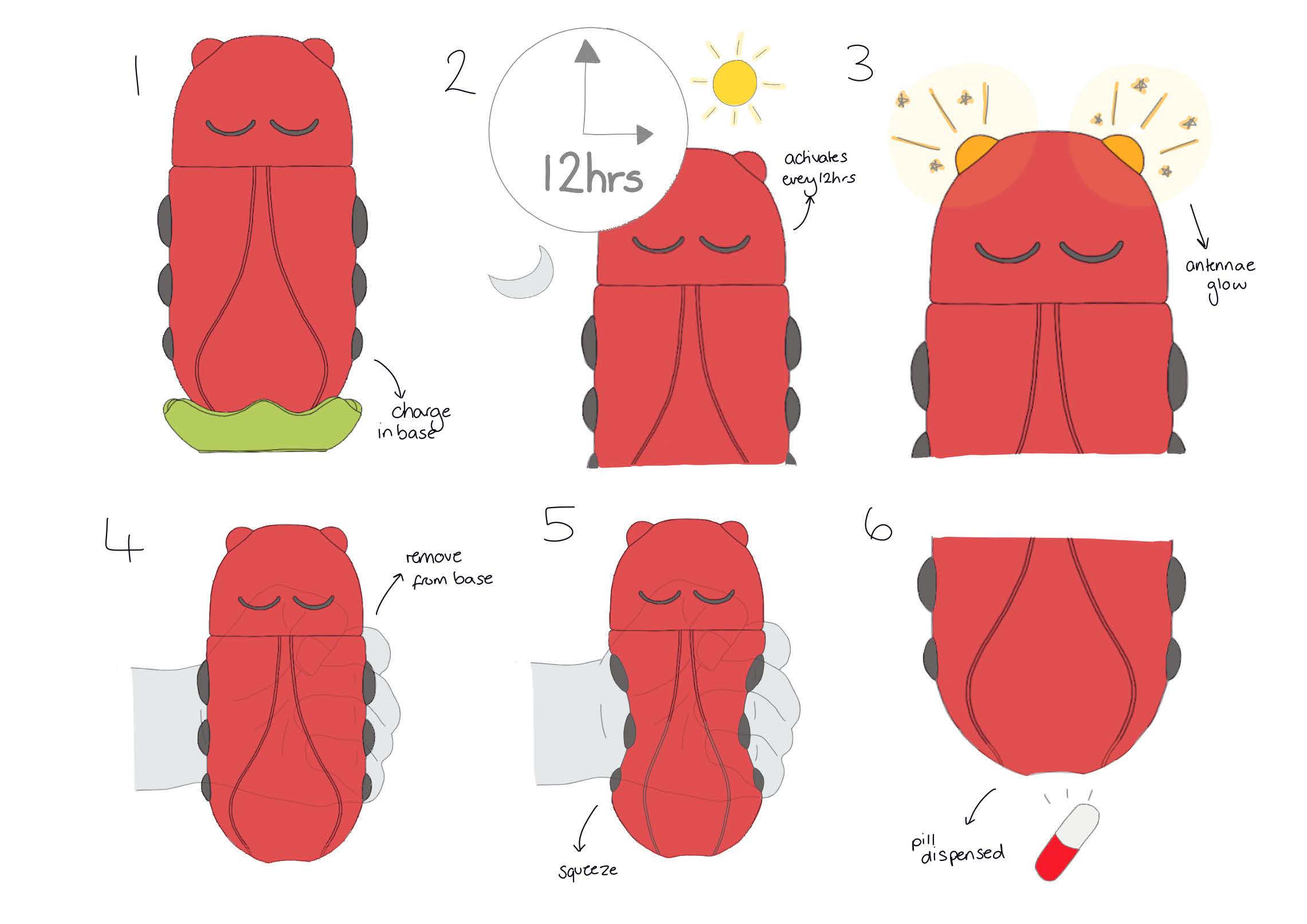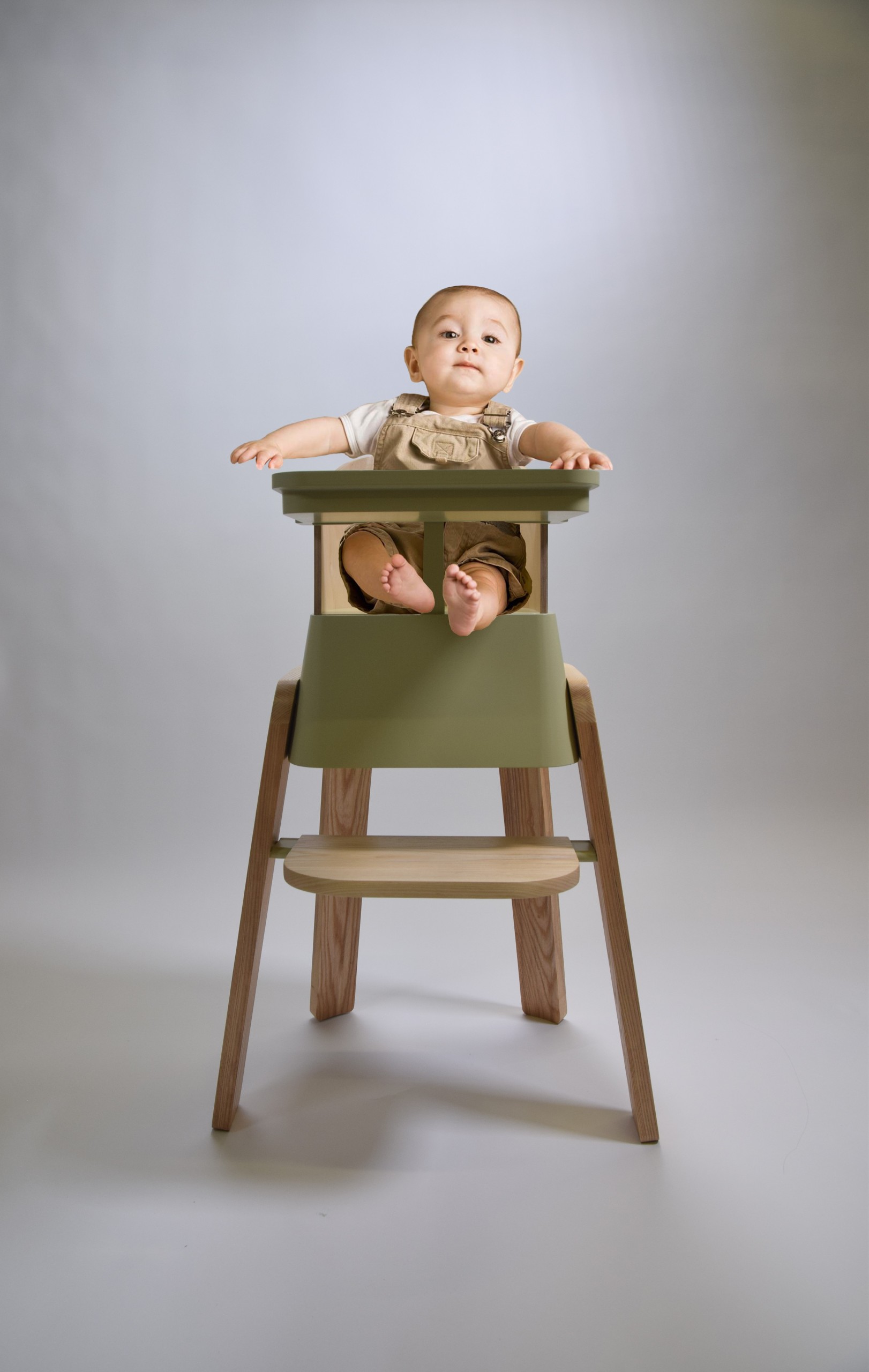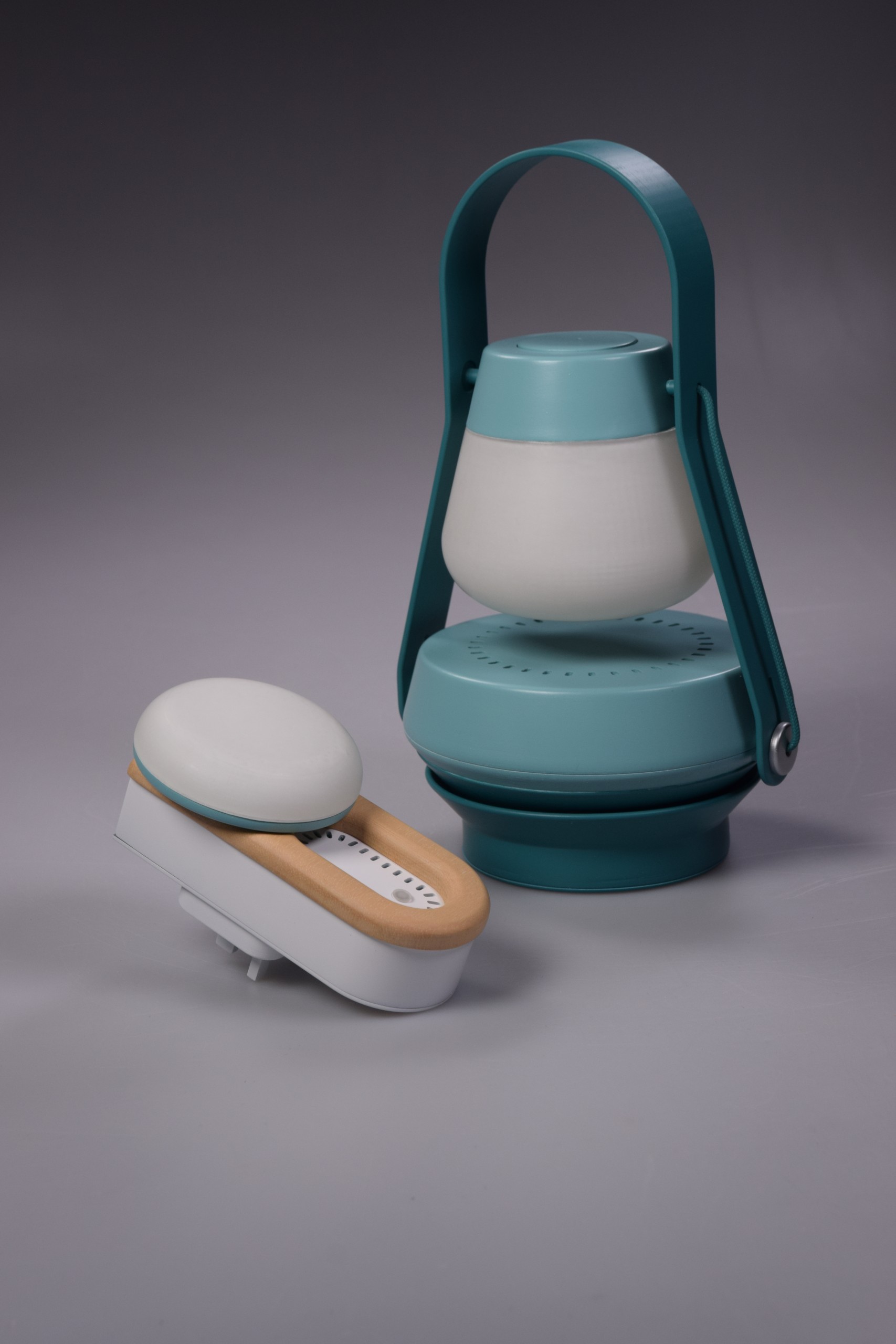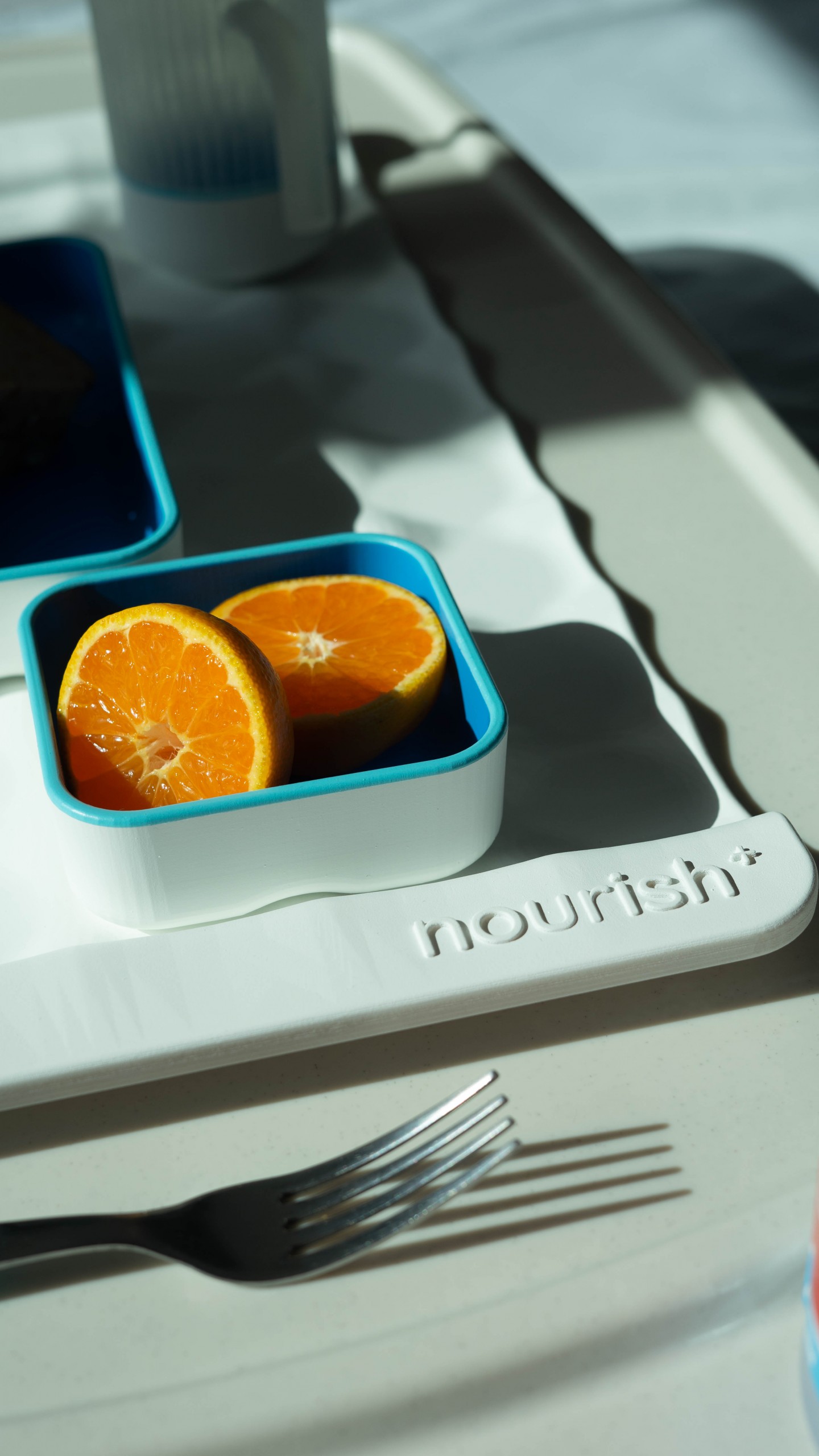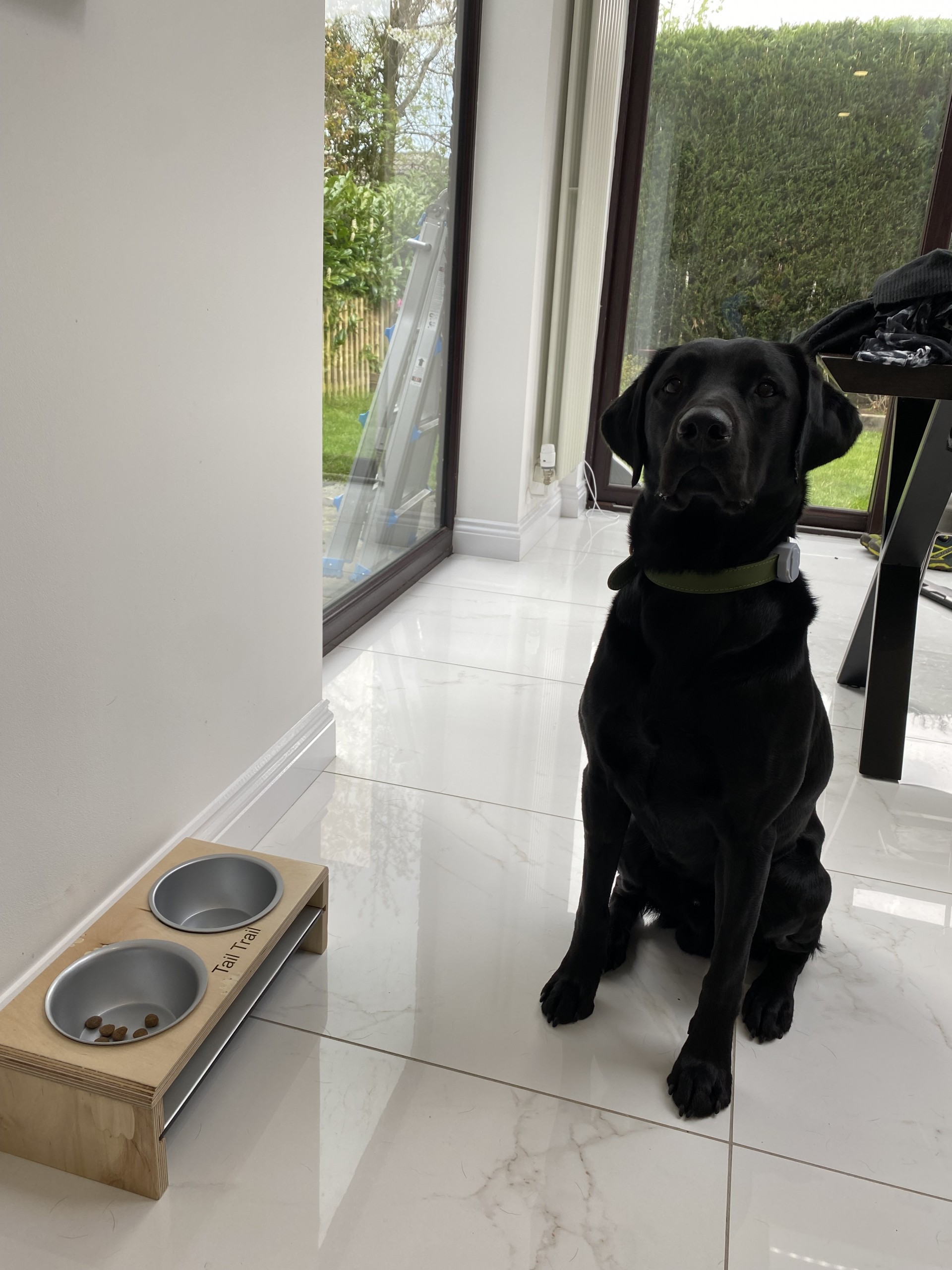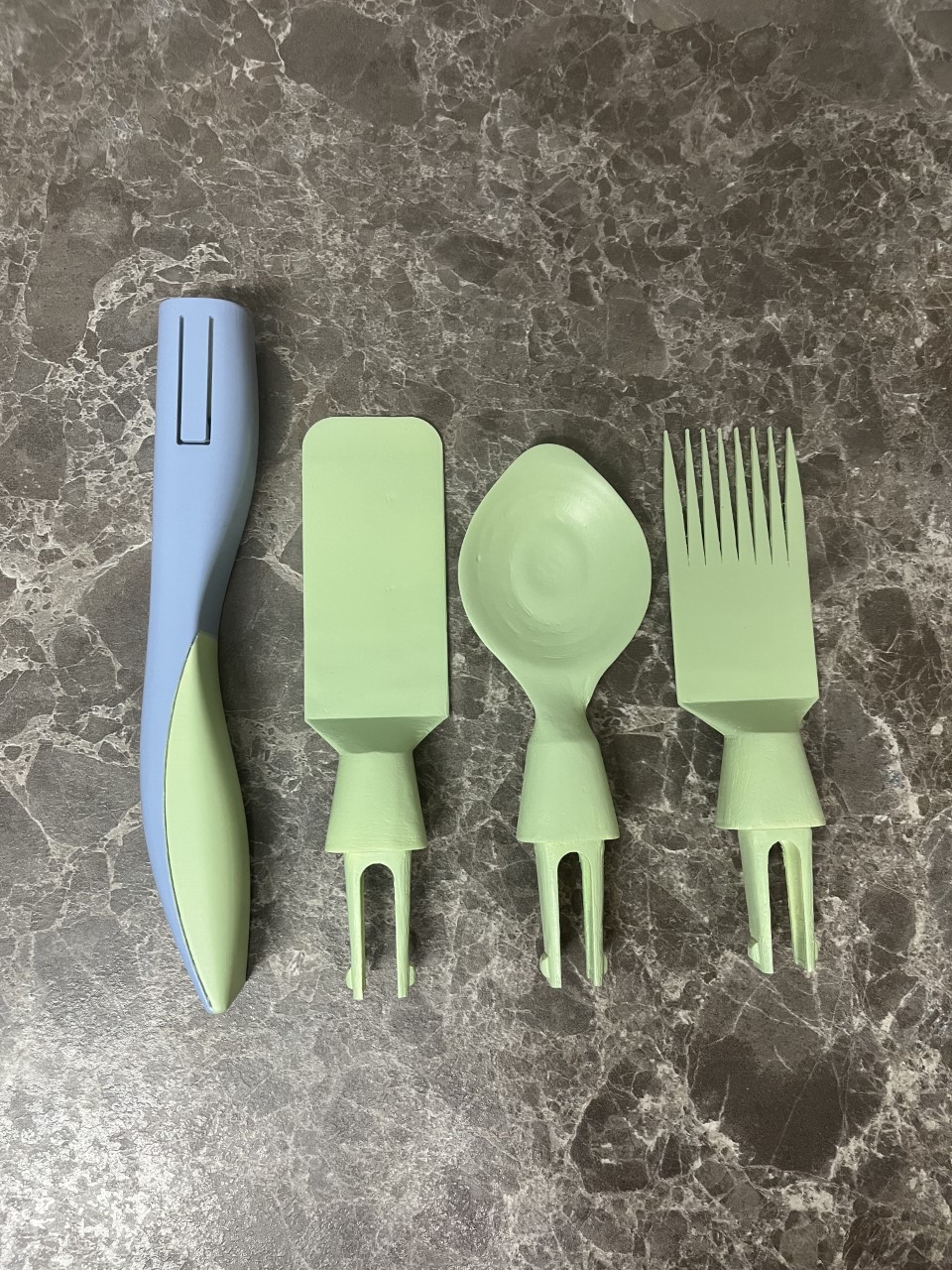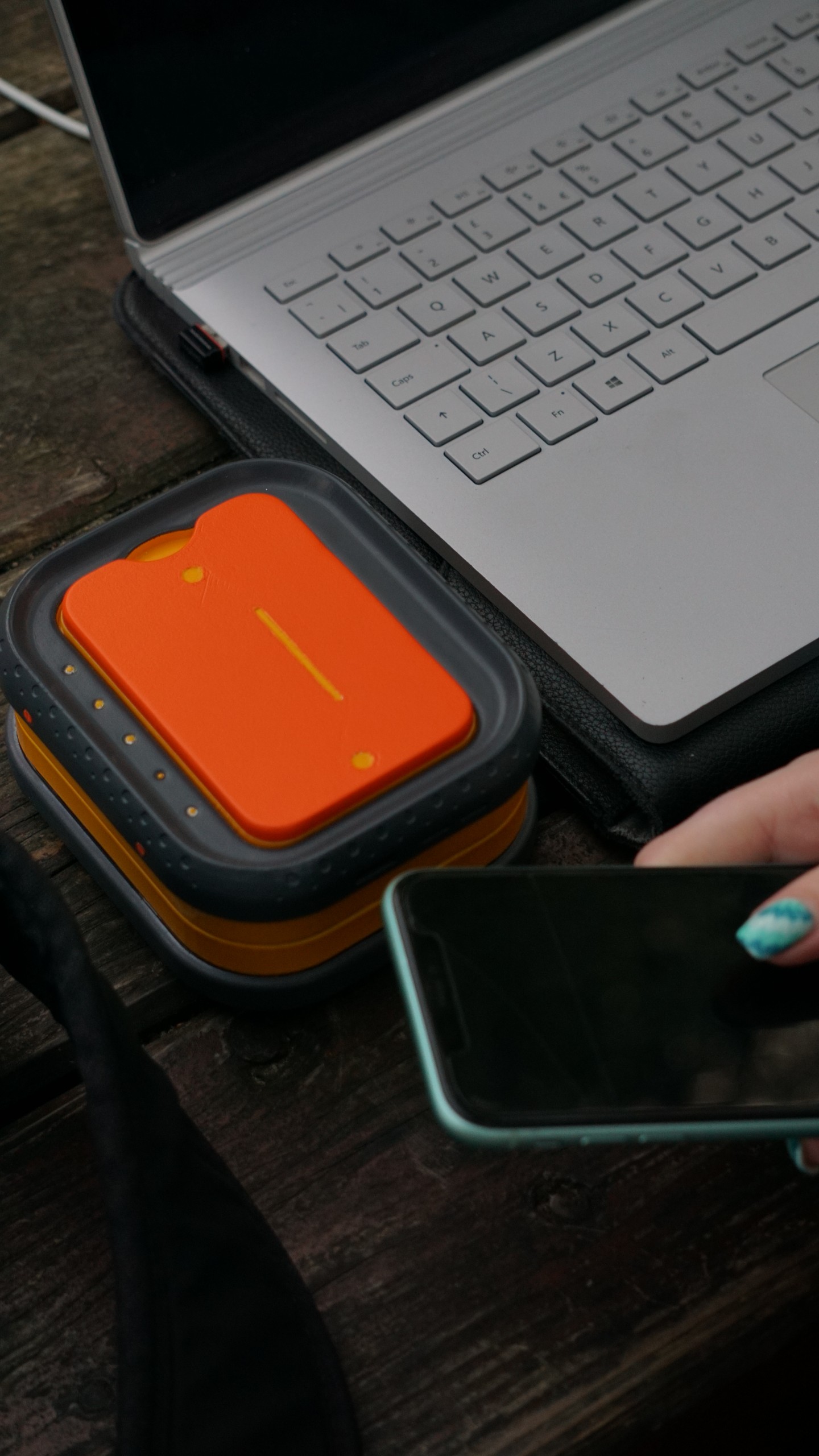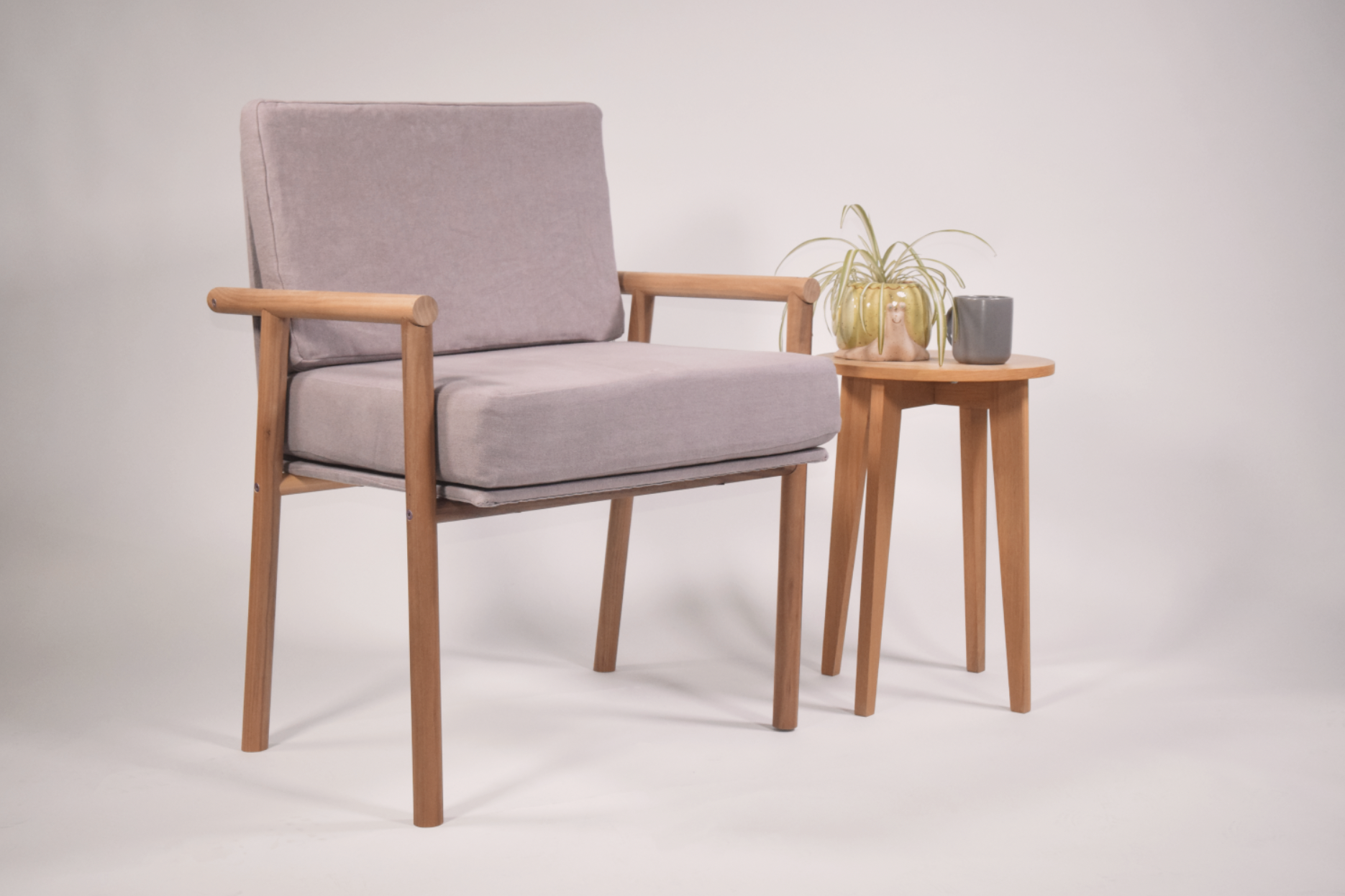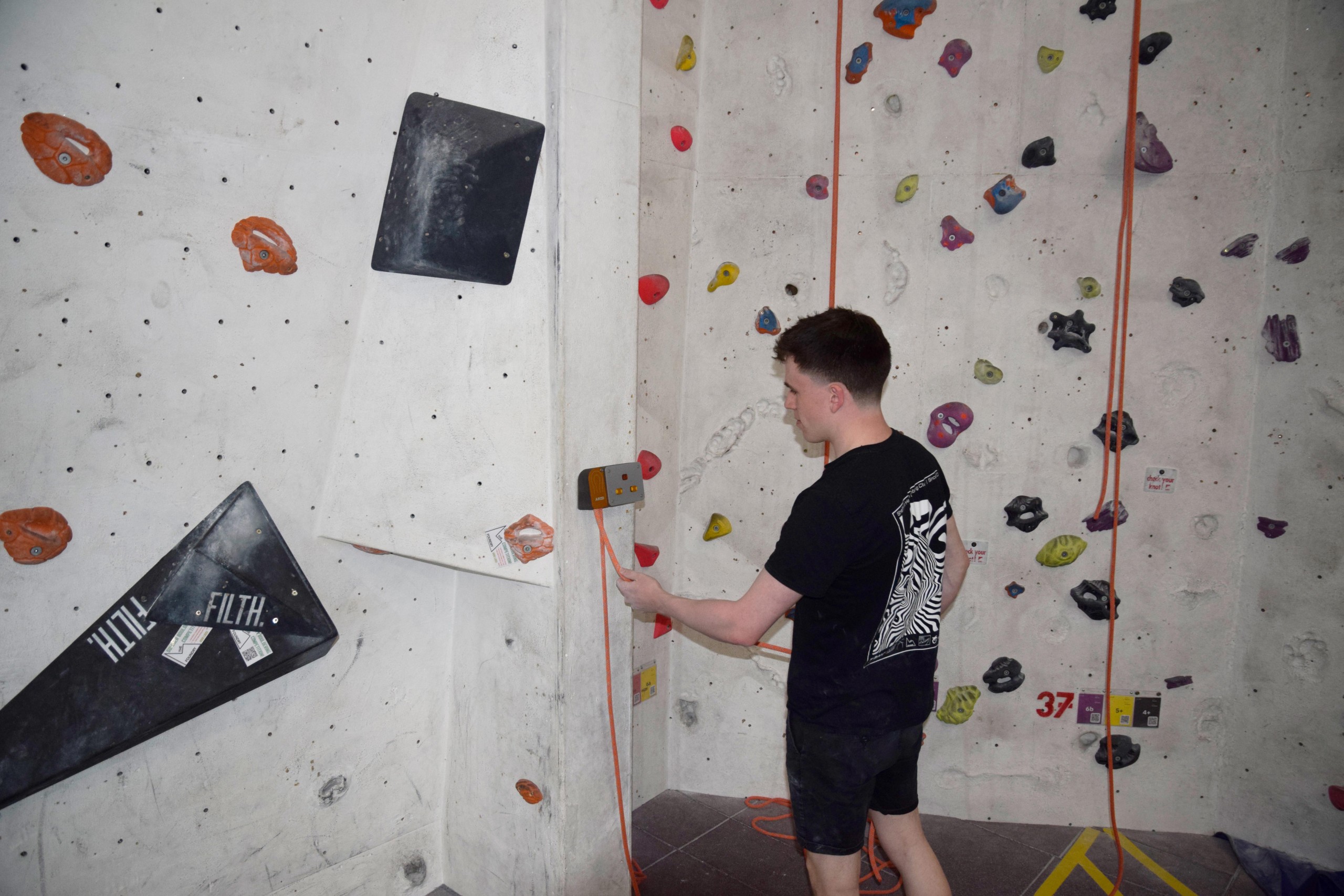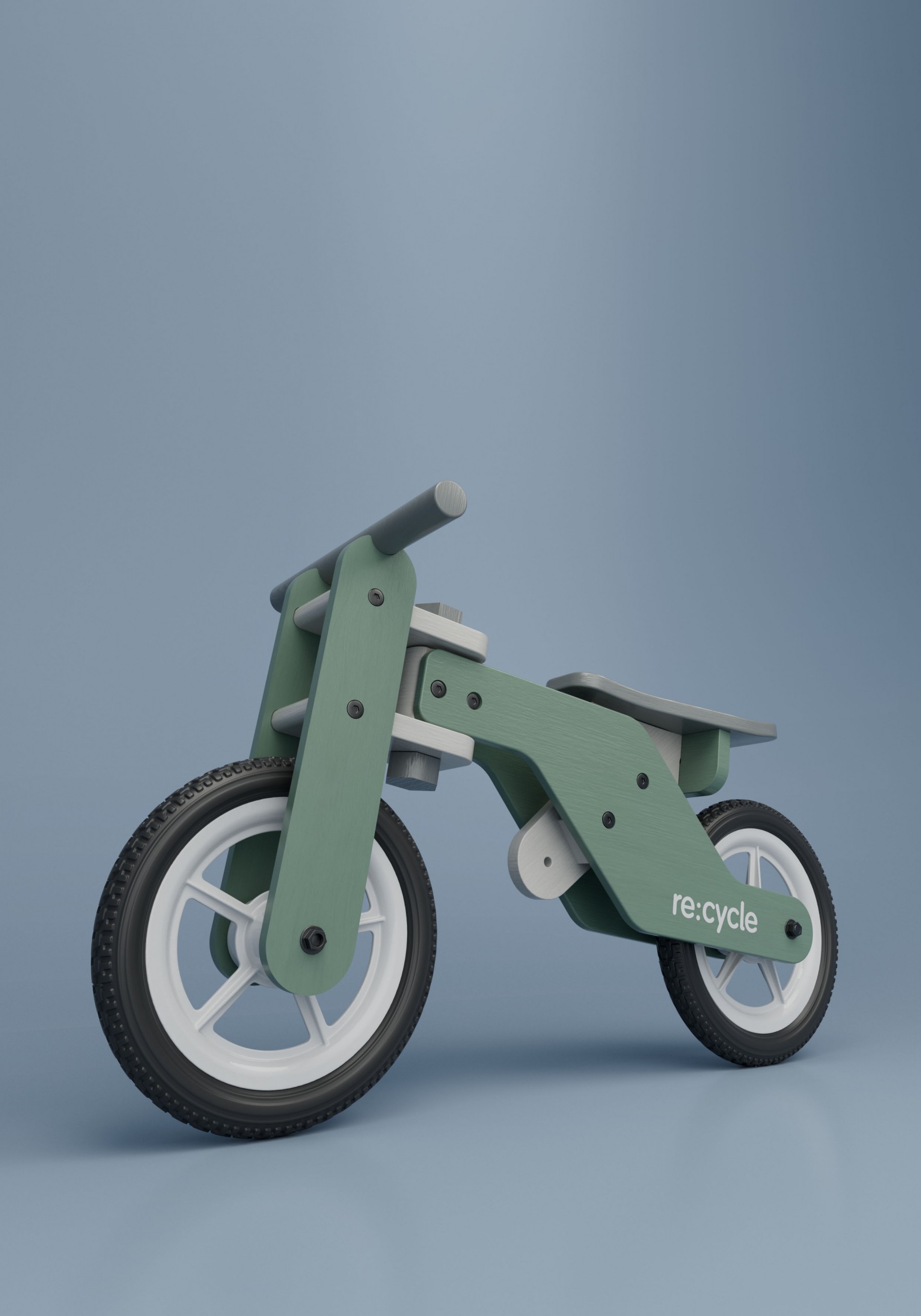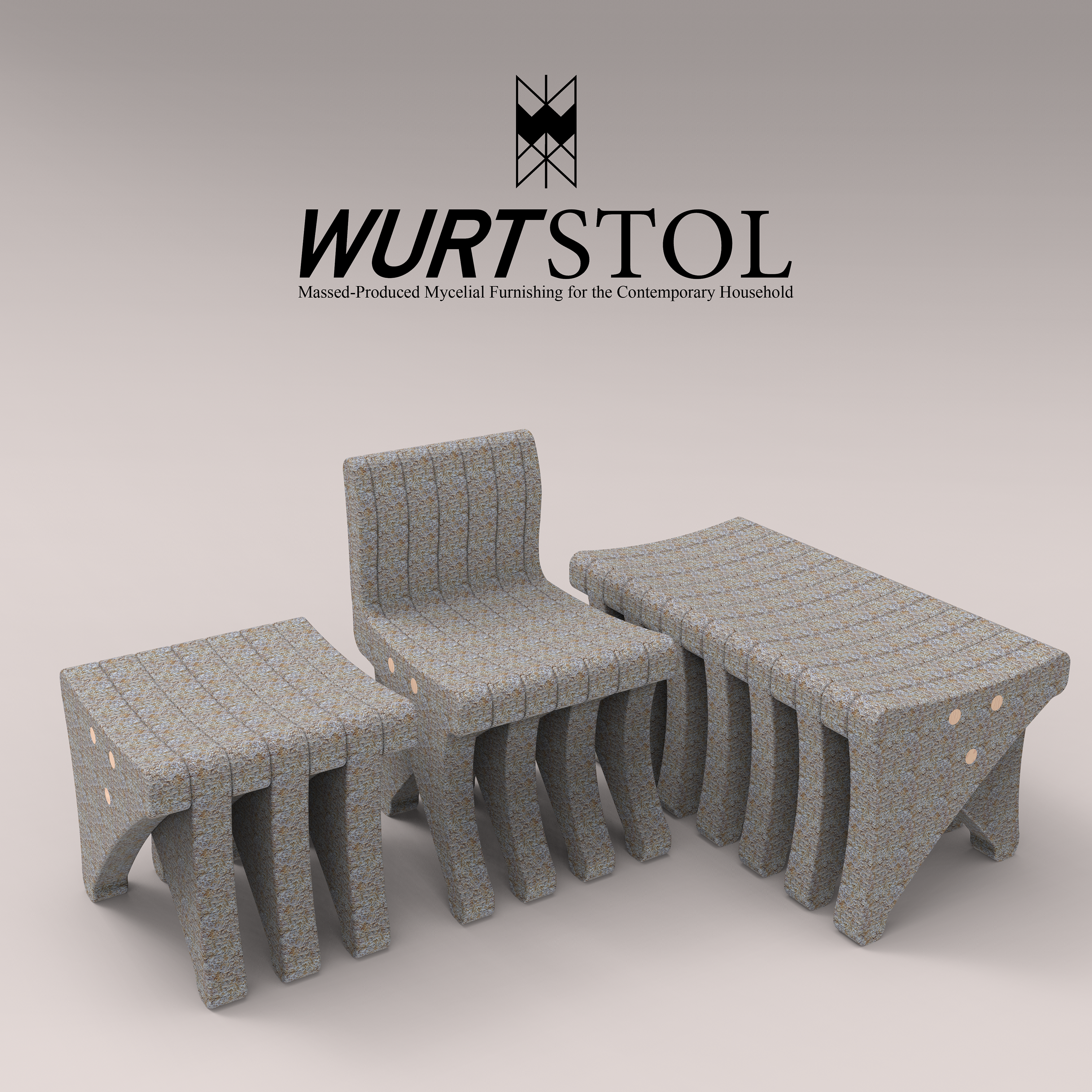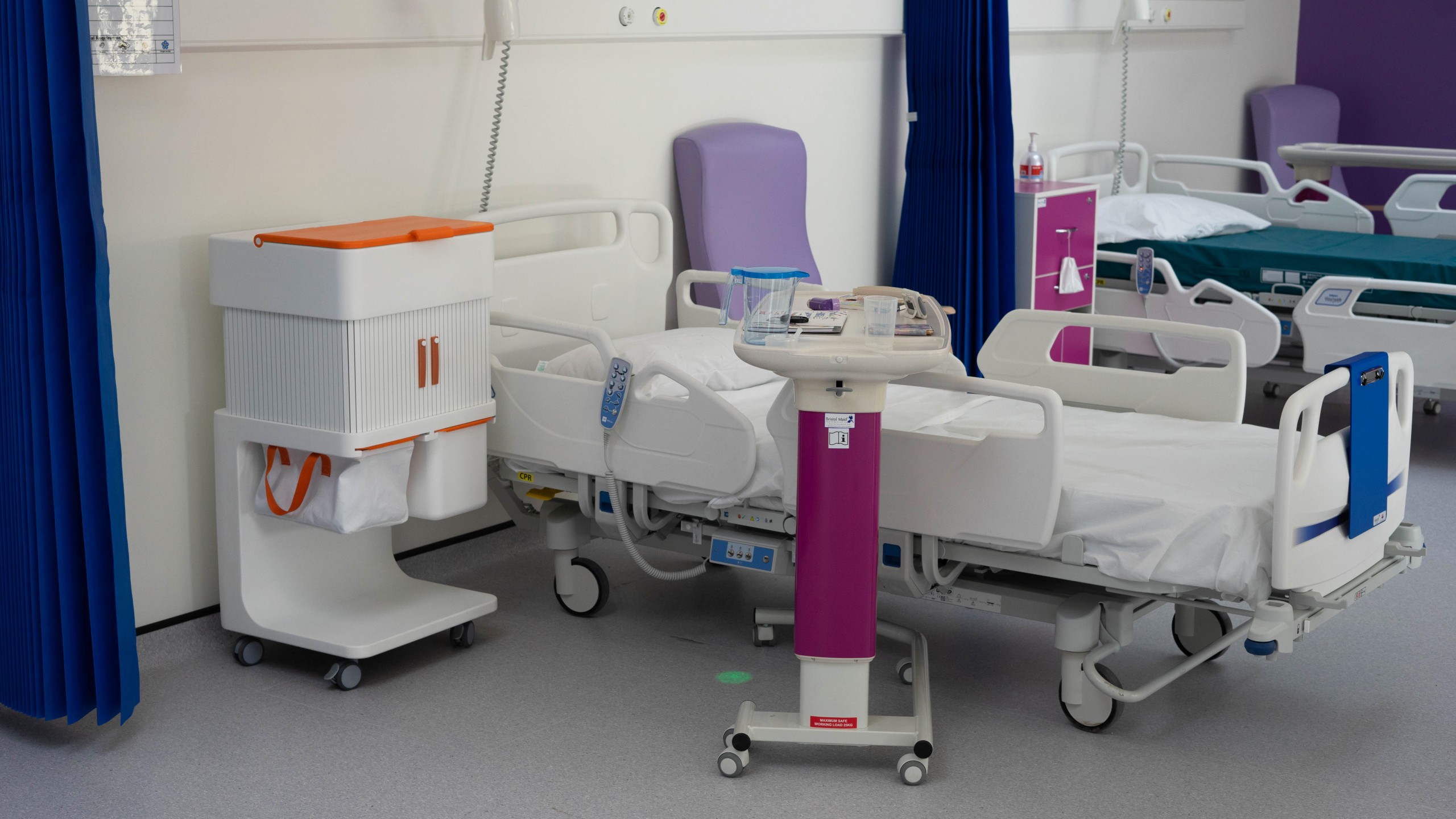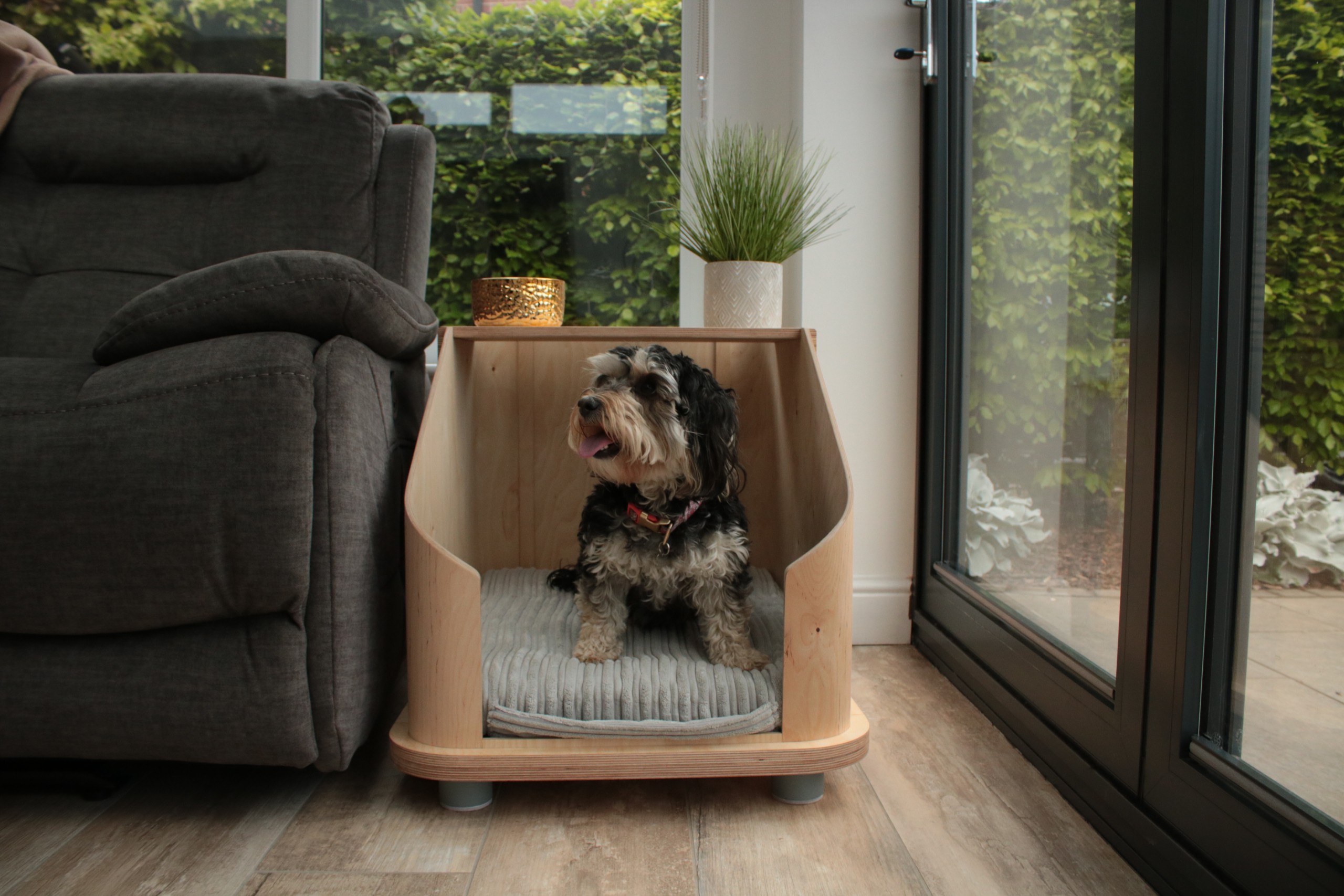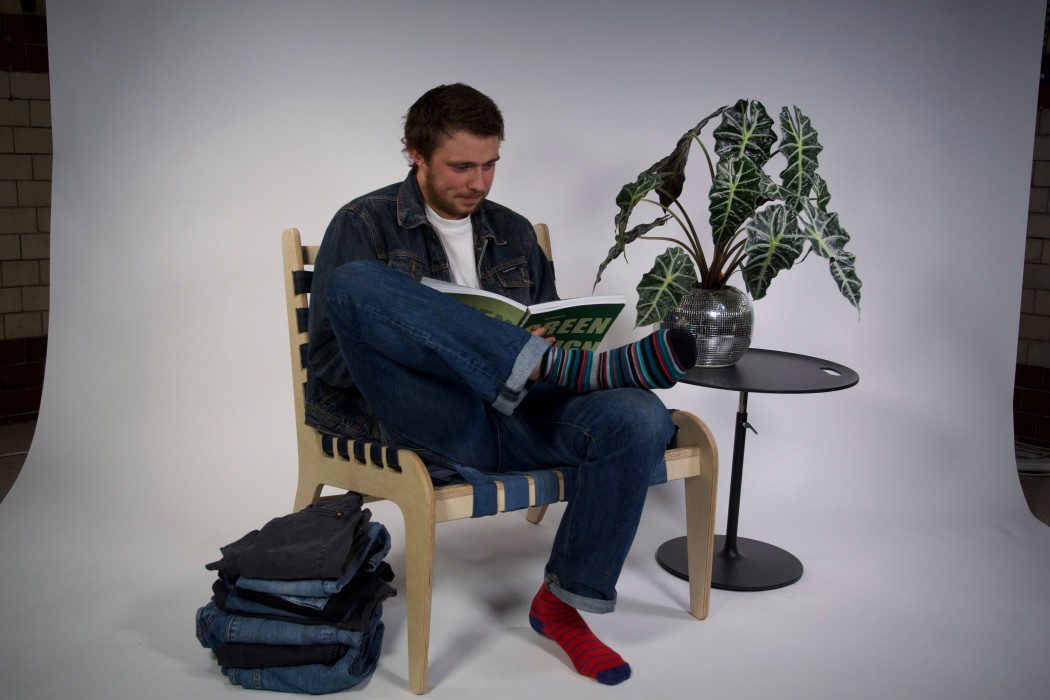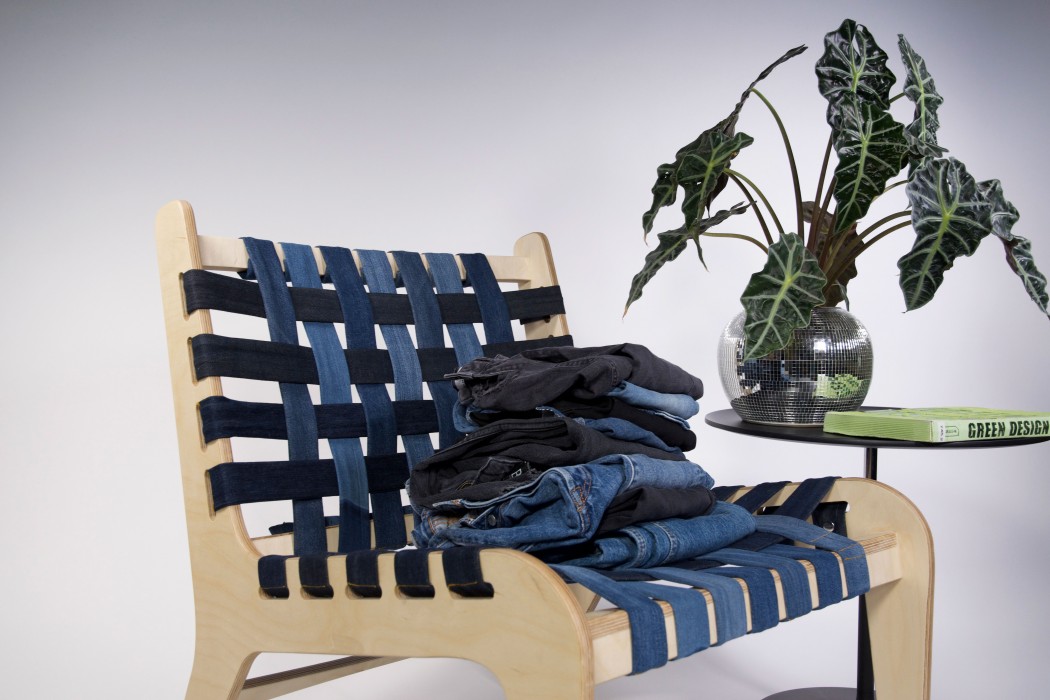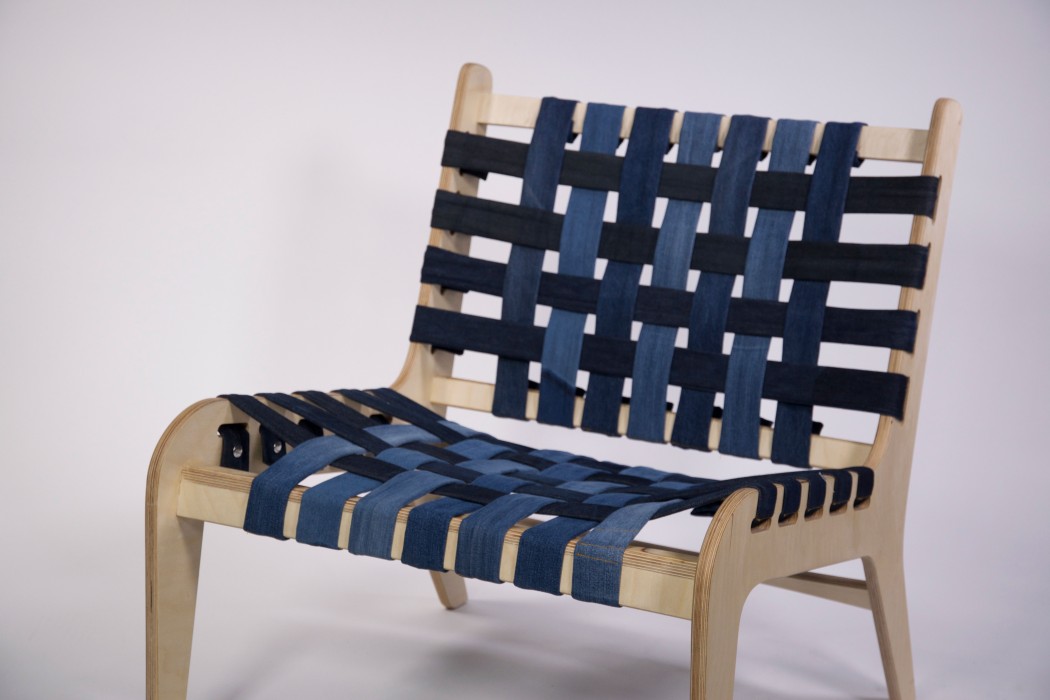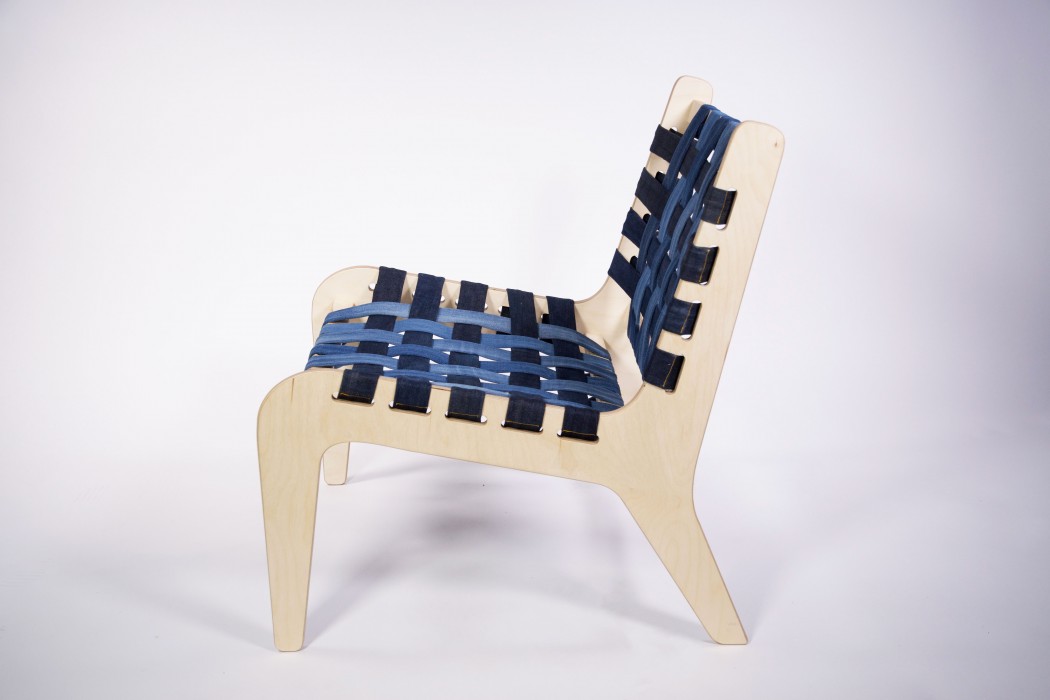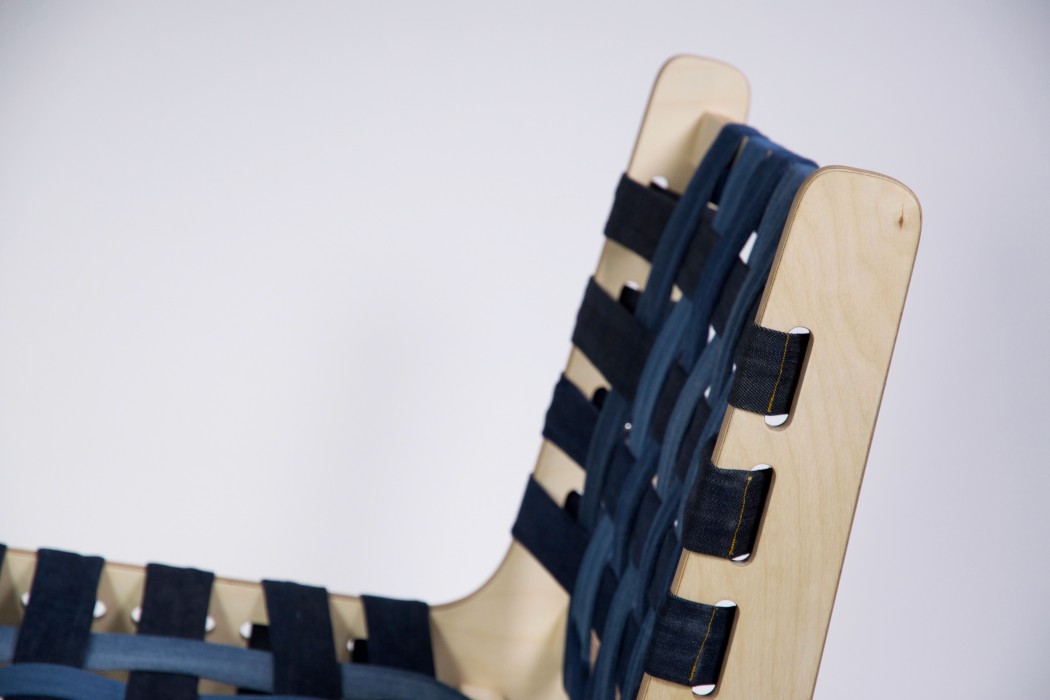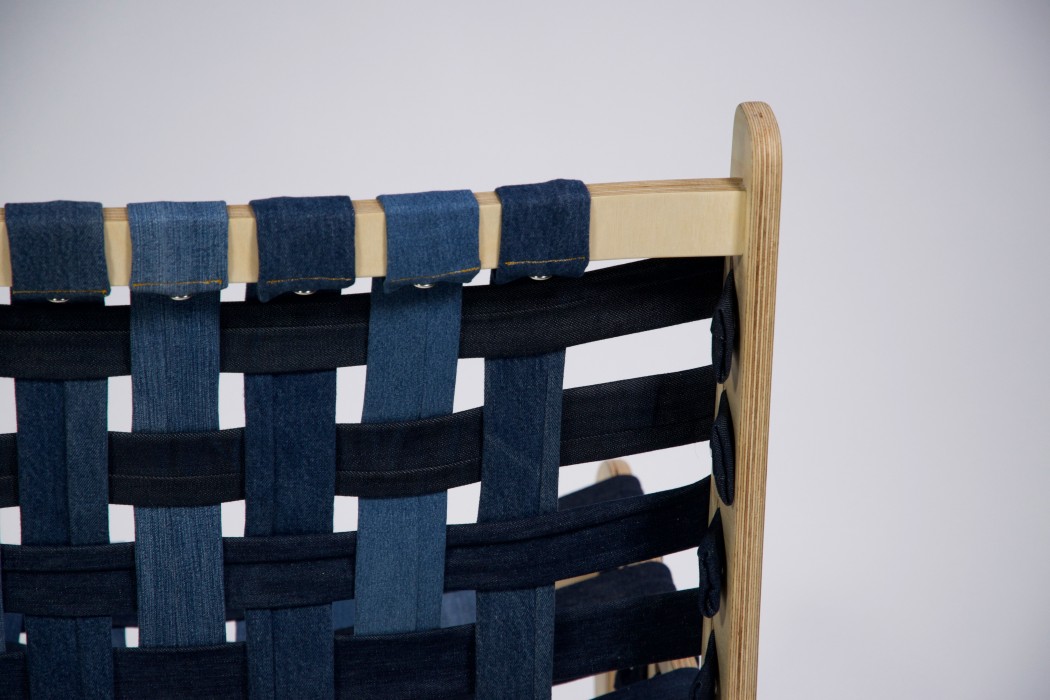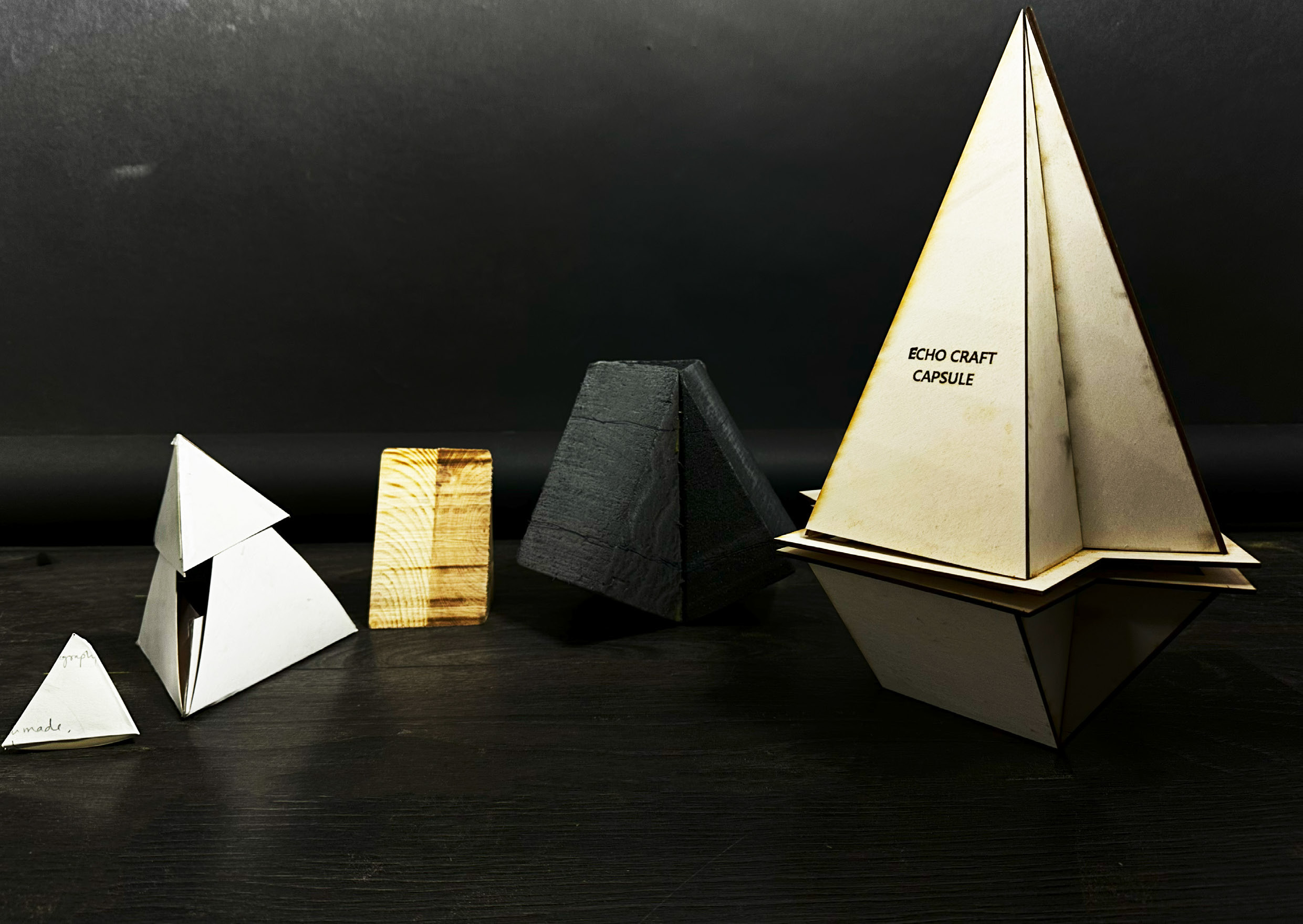
A lounge chair made from recycled denim and plywood, Eva Pinkney’s “Jeanie” showcases an ongoing movement in fast fashion. Jeanie is a playful piece of Scandinavian inspired furniture, made to flaunt denim in a way it wouldn’t usually be utilised for. Each strip of denim fabric is individually sewn and woven from donated and discarded jeans.
Approximately 2 billion pairs of jeans are made every year, and with that we use 1.4 million tonnes of cotton. A report issued by Levi’s in 2015 stated that “washing jeans every 10 wears instead of every 2 wears reduces energy use, climate change impact, and water intake by up to 80%”.
The ratio of men to women working in garment factories is roughly 1:5, and despite the higher employment of women in this industry, men are “three times more likely” to obtain a management role in the garment industry, so not only should we perceive sweatshop labour to be a human rights issue, but it also should be known to be a women’s rights issue. The lounge chair is named Jeanie to represent the women in the majority of the industry.
After carefully curating a design brief based on primary and secondary research, Jeanie is Pinkney’s design response to this problem.


